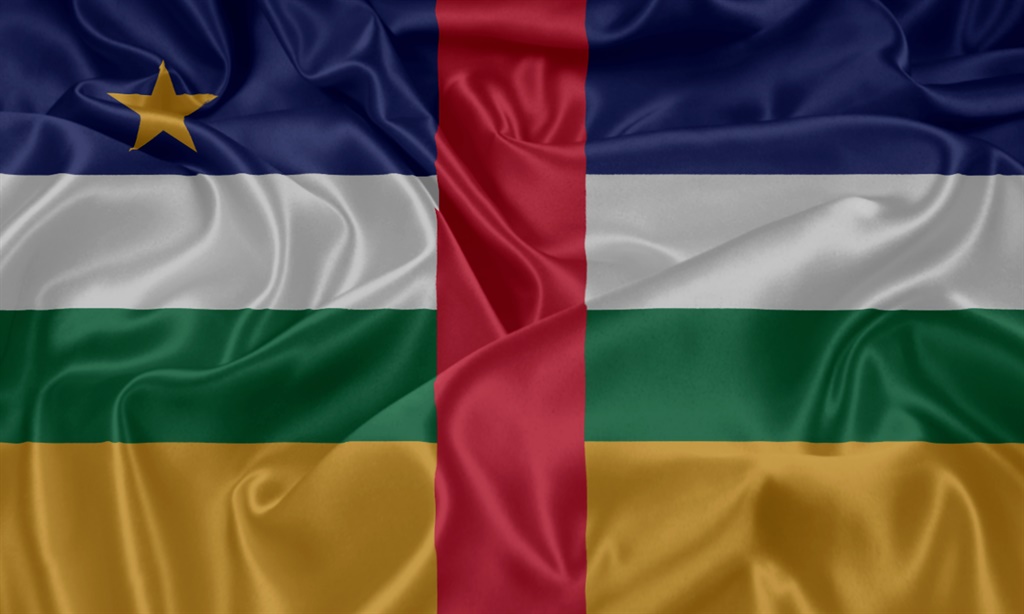

At least 13 people were killed in fighting in the Central African Republic where rival armed factions are battling after a seven-year civil war, UN officials said on Thursday.
Fighting erupted a week ago in the northern province of Bamingui-Bangoran between rival factions of the Popular Front for the Rebirth of Central Africa or FPRC, one of the country’s largest militias.
CAR struggles with violence despite a peace deal signed between the government and 14 armed groups. Rival militias battling over resources control most of the country.
“Combat with heavy weaponry and light arms has left 13 dead in Ndele town, including some civilians,” an official with the UN mission MINUSCA told AFP by telephone from the capital Bangui.
“The combat yesterday (Wednesday) morning was a consequence of an attack on the town by the Gula faction of the FPRC,” the UN official said.
The FPRC last year split into two factions: the Runga ethnic group on one side, including FPRC’s military chief Abdoulaye Hissene, and rival fighters from the Gula and Kara ethnic communities.
Fighting had subsided by Thursday and UN peacekeepers had intensified their patrols in the area.
The United Nations said on Saturday that one local Central African MINUSCA employee was shot and killed in Ndele. Its police unit was investigating the murder.
There have been clashes between Runga and Gula in Ndele, which is under FPRC control, since the start of March.
Around 50 people were killed after fighting erupted between the two factions in the diamond-rich town of Bria in January.
More than two-thirds of CAR remains in the hands of armed groups, which typically claim ethnic or religious affiliations and often fight over mineral resources.
One of the world’s poorest and most unstable nations, the former French colony has suffered several crises since 2003 when former president Francois Bozize seized power in a coup.
The country spiralled into bloodshed after Bozize was overthrown in 2013 by the mainly Muslim rebel Seleka alliance.
Since then, fighting has forced nearly a quarter of the country’s 4.5 million people to flee their homes.
In February 2019, the government and 14 armed groups signed the eighth in a string of peace deals. Under it, rebel chiefs were given government positions, and army troops and militiamen were meant to carry out joint patrols.
But the accord has remained extremely fragile and breaches of it by the rebels occur almost daily.
